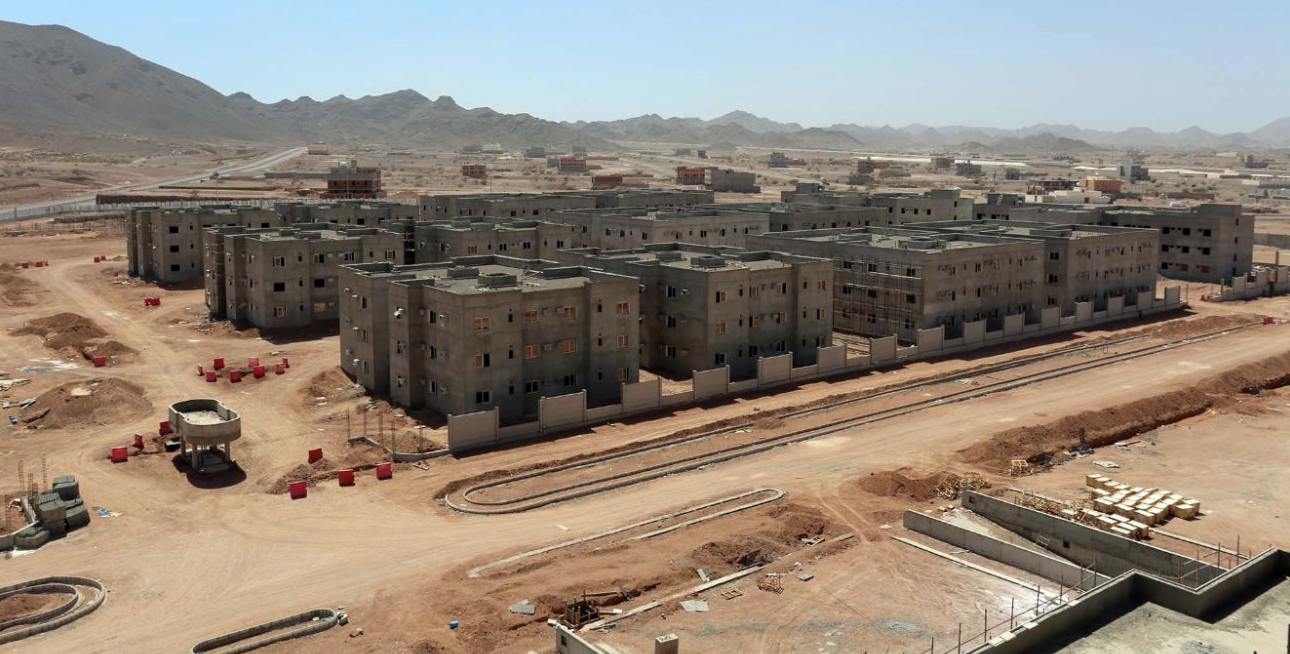Oil-rich Saudi Arabia faces a sticky problem, analysts say. Its economy is barely growing. Its government is spending way more than it receives. And its economic reforms, which would move the country away from reliance on oil, are operating at a snail’s pace.
If something doesn’t give, then the government may need to hold “a fire sale”. At least, that’s what one financial firm warns, Middle East Eye reported.
Even though the kingdom’s plan of action is to steadily ditch its dependence on oil, the primary problem now is the weak oil market.
The price of Brent crude oil, which as recently as mid-2014 traded higher than $100 a barrel, now changes hands for around $52. The impact on the Saudi economy has been brutal because export revenue from hydrocarbons (including oil) is more than three times the level of non-oil exports.
The result is that this year the economy is expected to expand a mere 0.1% in real, or inflation-adjusted, terms, according to a recent report from the International Monetary Fund.
Reserves Declining
Worse still, there is little the government can do about it. “They can’t get any more money from oil,” said Marcus Chenevix, a Middle East and North Africa analyst at TS Lombard in London. “Saudi is stuck with regard to oil production.”
Saudi is the second largest producer in the world, pumping just over 10 million barrels a day, according to the US Energy Information Administration. Any significant upward move in production could send prices below $40, according to a recent report from TS Lombard.
The report also highlights that the country’s cash reserves are set to continue to fall. A drop in the price of oil would only make matters worse and may precipitate “a fire sale of state assets within five years,” the report states.
Oil market woes are depleting government reserves. “The government still has a large deficit of around 10% of GDP,” said Garbis Iradian, chief economist for MENA at the Washington DC-based Institute of International Finance.
Qatar Slowdown
Qatar’s non-oil economic growth will slow this year as the gas-rich nation cuts spending and after a Saudi-led alliance imposed sanctions that hurt trade, the International Monetary Fund said, The Star online reported.
The non-hydrocarbon sector will expand 4.6%, the Washington-based lender said in an emailed statement on Wednesday, compared with 5.6% in 2016 and a 4% prediction in a Bloomberg survey of economists. The fund had been forecasting growth of 5.7% in 2017.
The IMF has cut its growth forecast for Qatar after its neighbors imposed a land, sea and air embargo on the gas-rich state.
Qatar has been enduring a regional blockage since Saudi Arabia, the United Arab Emirates, Bahrain and Egypt cut transport and diplomatic links to the country in June, accusing Doha of sponsoring terrorism. The measures have forced the small import-dependent state to ship in goods from outside the Persian Gulf region and have damaged investor confidence across the region.
“Over the longer term, the diplomatic rift could weaken confidence and reduce investment and growth, both in Qatar and possibly in other (P)GCC Arab countries (Saudi Arabia, Kuwait, the UAE, Bahrain and Oman) as well,” said Mohammed El Qorchi, who led an IMF visit to Qatar.
(P)GCC at Risk
Qatar's Foreign Minister Sheikh Mohamed bin Abdulrahman al-Thani affirmed that Qatar does not believe in internationalizing the Persian Gulf crisis, but rather believes in resolving the crisis through dialogue.
At a press conference in European Parliament in Brussels Thursday, the foreign minister said that the countries of the West did not respond to the accusations against the State of Qatar regarding the support of terrorism, noting that the siege countries did not provide any evidence to support their accusations about Qatar’s interference in their internal affairs.
Sheikh Mohammed stressed that the siege countries are the party that violated the Riyadh Agreement, stressing that these countries have put the (P)GCC at risk by attacking a member state, pointing out at the same time that there is consensus within the (P)GCC on a general policy and on that each member state is sovereign.


